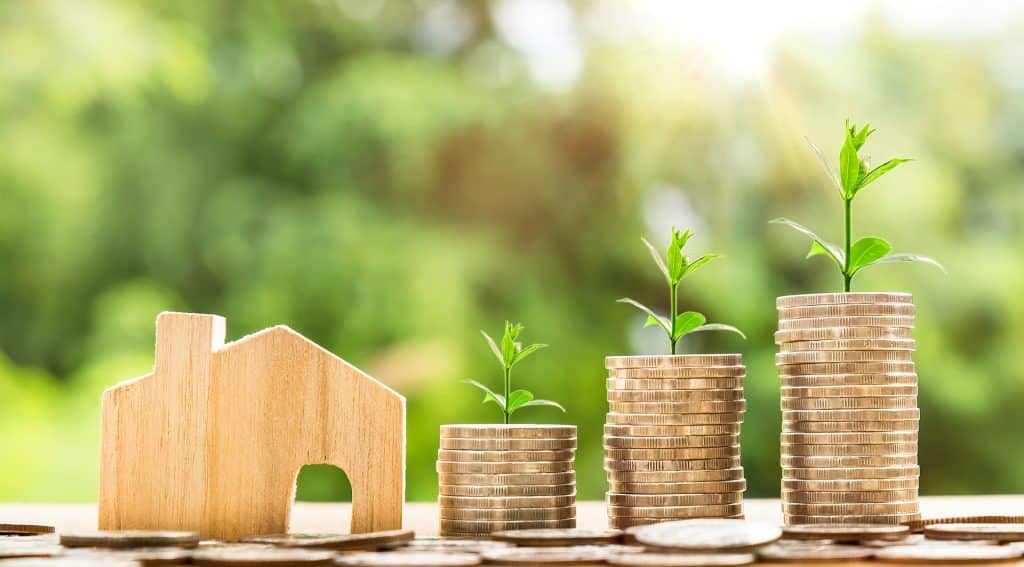Last Monday, the IPCC released its final report out on the current state of the climate. A brief summary: global warming of 1.5 degrees is almost inevitable, but if drastic measures are taken now, it is not too late. One of the commonly cited causes of all climate issues is our constant drive for economic growth, which is slowly depleting our earth at the moment. A concept that has recently gained a lot of popularity as a critique of this drive is degrowth, which literally translated means de-growth. Last month, leading economist Jason Hickel came out about this tell in the House of Representatives. What is degrowth exactly and can it actually help us solve the big problems of our time?
Degrowth as an alternative?
For decades, economic growth has been the measure of how a country is thriving. As long as the economy is growing, people are satisfied, but with the slightest contraction, all alarm bells go off. Already in the 1970s and 1980s the first criticisms of this purely growth-obsessed view began to emerge. For instance, as early as 1972, the king of Bhutan came up with the 'Gross National Hapiness index' which compares countries according to the collective happiness and well-being of the population rather than economic development. However, only recently have these critiques slowly found their way to the wider public. Rising climate issues, as well as other problems such as growing inequality, have intensified calls for an alternative to our current economic thinking. In a growing economy, Hickel explained, the poor can still get poorer and the rich get richer as we destroy the earth bit by bit. Hickel cited 'degrowth' as a foundation within an alternative design of our economy.
Degrowth argues that we need to shift the focus from creating economic growth to a sustainable and just society. It is about consuming less, producing less and depleting our natural resources less in order to reduce the pressure on our planet and society. By focusing less on economic growth and more on quality of life, social justice and environmental sustainability, we should be able to create a better world for ourselves and for future generations.
But then why do we want to grow?
Now, of course, there is a reason that economic growth has been seen as a goal for a long time. Indeed, for developing countries, for example, a growing economy can have many benefits, just as it has brought many benefits to rich countries in the past. Among other things, it can help citizens in these countries financially by providing more jobs and higher wages. In addition, by growing economically, these countries can invest in basic services such as healthcare, education, housing and infrastructure, which will contribute to higher standards of living. In richer countries, these benefits apply to a much lesser extent and the economic growth drive mainly has many negative effects such as growing inequality, a lower average quality of life and climate change. The latter, however, is mainly felt in developing countries. This is precisely why it is important to have a broader focus; also on quality of life, social justice and environmental sustainability.
Now what?
Since 2021 the Dutch planning agencies are looking at how the perspective of broad welfare can be more firmly embedded in the Netherlands' budget system. Broad prosperity concerns the quality of life in the here and now and the extent to which this is at the expense of that of later generations or of people elsewhere in the world. Comparing countries by this yardstick therefore gives a much more realistic picture of a country's prosperity than looking purely at economic growth. The latter dimension in particular, the 'dimension elsewhere', is important not to let it get snowed under. As mentioned earlier, the economic growth drive of Western countries is especially harmful to people elsewhere in the world. By ensuring that this dimension is well embedded in the measurement of prosperity, we can take an honest look at how prosperous countries really are, because true prosperity is not just prosperity in the 'here and now', but precisely the preservation of prosperity for future generation and people elsewhere.
Image: Pixaby





